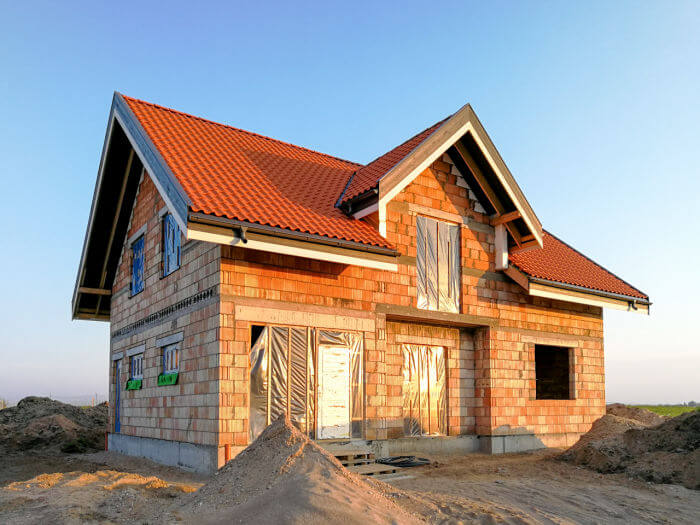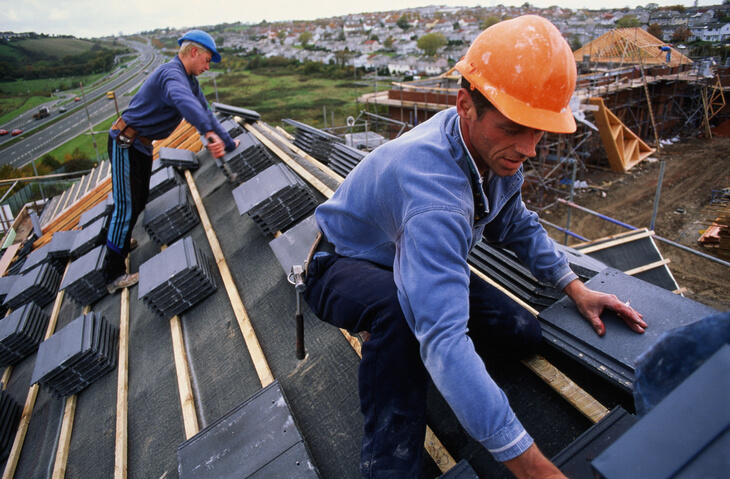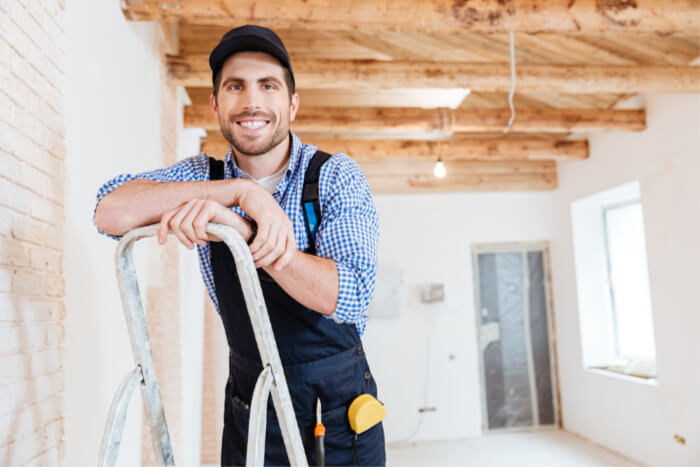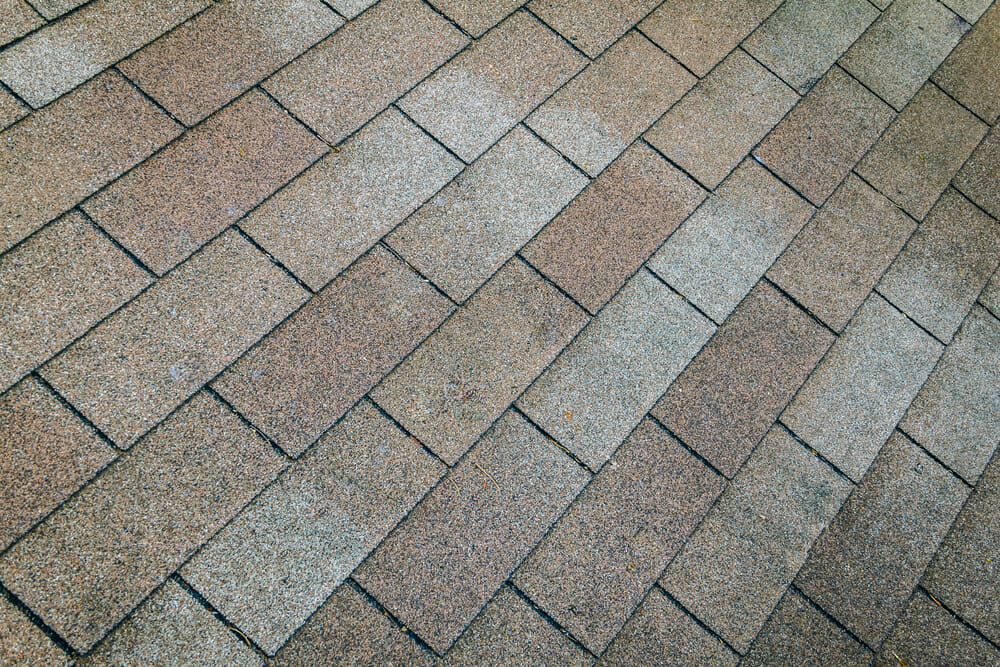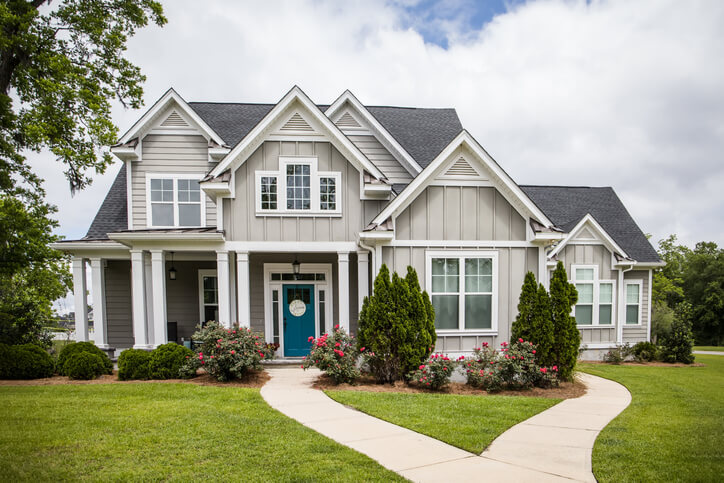Updated: Nov 14, 2025
Find the Best Roofing Contractors Near Miami
Homes in
Florida often face some of the toughest weather conditions in the country — from
high humidity and
61 inches of annual rainfall to
tropical storms and hurricane-force winds. Local roofing contractors understand how heat, humidity, and severe weather affect your roof, helping you choose materials that can withstand Florida’s climate year-round.
How Southeast Weather Impacts Your Roof
The Southeast and Gulf Coast regions experience a mix of intense heat, moisture, and storm activity, leading to issues such as:
- Heat-related shingle curling or deterioration
- Mold, algae, and moisture damage from prolonged humidity
- Wind uplift and shingle loss during tropical storms
- Hail or debris impact during severe weather
- Leaks caused by heavy rainfall or clogged gutters
Because homes in Miami often endure
90°F summer temperatures, roofing materials with strong UV protection and moisture resistance are essential.
Average Roofing Costs in Miami
Roofing costs in
Miami, FL vary based on material choice, home size, and local labor rates, especially in high-demand coastal regions. Here’s what homeowners typically pay:
- Total roof replacement cost: $18,645
- Labor portion of replacement: $7,458
- Standard repair cost: $1,300
- Annual maintenance: $509
- Roof inspection: $283
Because storms and humidity accelerate wear, many homeowners opt for materials designed for heat, moisture, and high-wind protection.
Best Roofing Materials for Florida Homes
The warm, humid, and storm-prone climate in Miami makes some roofing materials perform better than others. The most recommended options include:
- Metal roofing: Outstanding wind resistance, long lifespan, and heat reflectivity
- Architectural shingles: Stronger and more durable than traditional 3-tab shingles
- Impact-resistant shingles: Ideal for hail and storm debris
- Clay or concrete tiles: Popular in hot climates for durability and cooling efficiency
- Moisture-resistant underlayment: Prevents leaks and mold growth beneath shingles
Why Hire a Local Roofing Contractor in Miami?
- Expertise with hurricane readiness and high-wind roofing systems
- Knowledge of local building codes and impact-resistant material requirements
- Experience navigating insurance claims after storm damage
- Fast response times after severe weather events
- Familiarity with moisture and mold prevention
Signs You Need Roofing Help in Miami, FL
Contact a roofer if you notice:
- Shingle curling, cracking, or granule loss
- Dark streaks or algae growth
- Ceiling stains or active leaks after storms
- Soft spots or sagging in the roof deck
- Wind-damaged or missing shingles
Modernize makes it easy to connect homeowners in
Miami, FL with
licensed, insured roofing contractors who specialize in hurricane-resistant materials, heat protection, and long-lasting installations.

